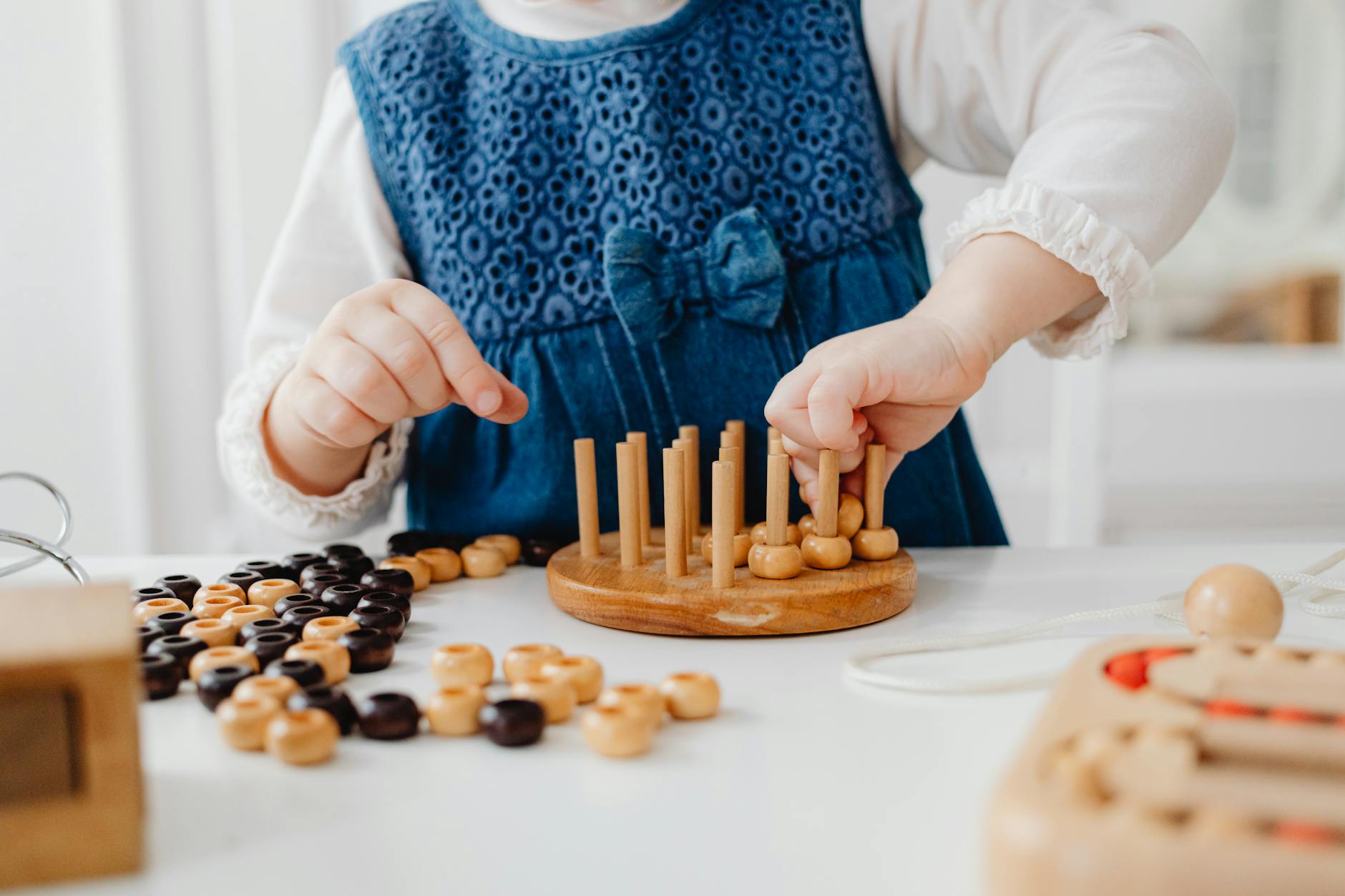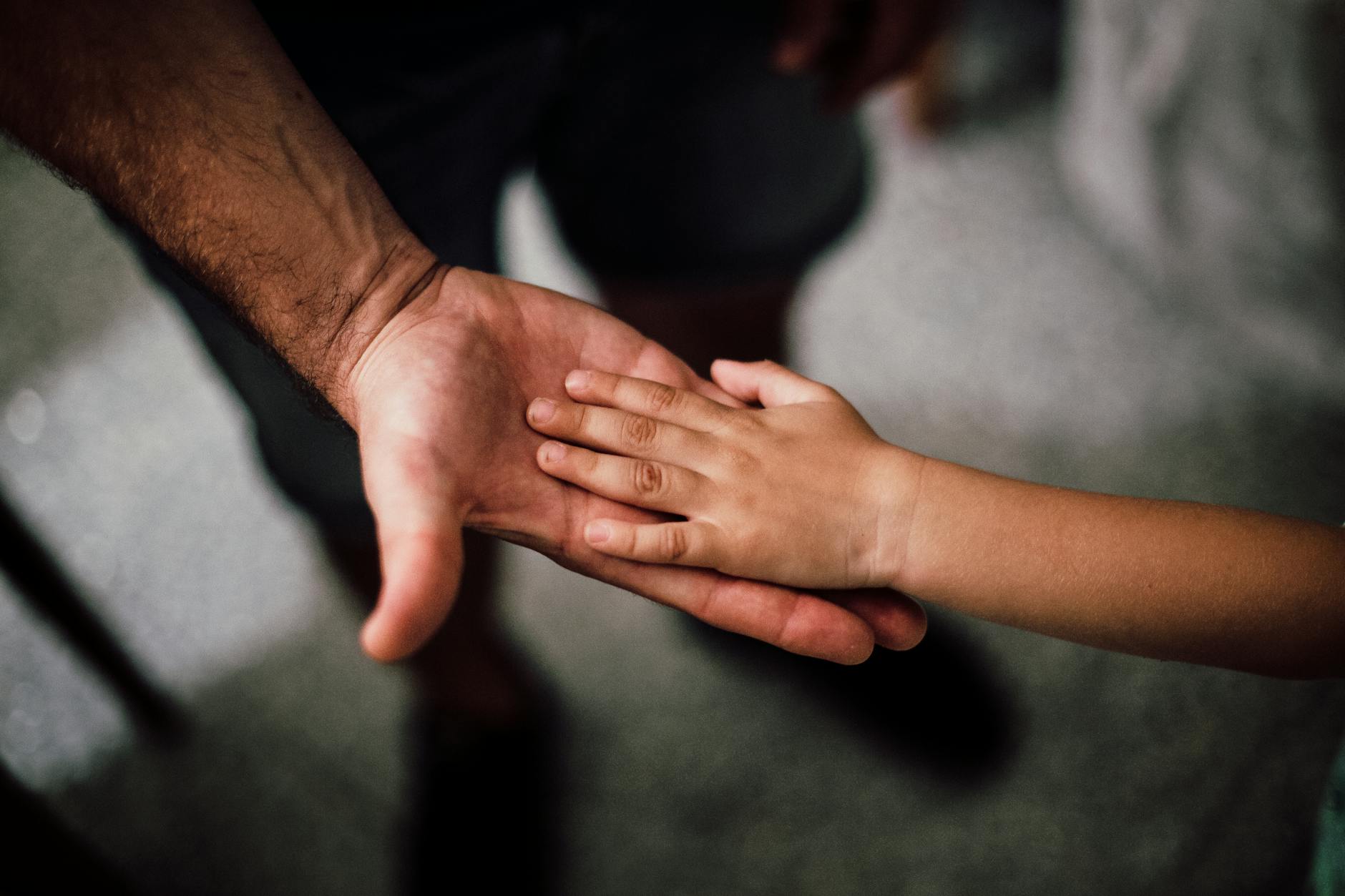
Ever watched a 3-year-old methodically arrange colored blocks while completely ignoring your “helpful” suggestions? That’s Montessori learning in action, and it’s magical.
Parents rave about Montessori education, saying it’s the secret sauce to raising brilliant humans. But is it worth the hype and often hefty price tag?
The beauty of Montessori learning lies in its respect for children as naturally curious beings who thrive when given independence. Kids work at their own pace, following their interests rather than rigid lesson plans.
You’ve probably seen those wooden toys and child-sized furniture in countless Instagram posts. Beyond the aesthetic appeal, there is a century-old educational approach that’s still relevant today.
What exactly happens in that first week when your little one starts Montessori school? That’s where things get interesting…
Core Components of Quality Montessori

Qualified Montessori Educators
The beating heart of any quality Montessori program? The teachers. Full stop.
These aren’t just people who decided teaching might be fun. Authentic Montessori educators complete rigorous training through organizations like the American Montessori Society or the Association Montessori Internationale.
When you visit a Montessori school, ask about teacher credentials. A properly trained Montessori teacher knows exactly when to step back and when to guide. They’re observers first, interventionists second. They recognize the precious moment a child is reaching for new understanding and know precisely how to nurture that spark without taking over.
Child-Centered Learning Environment
Walk into a real Montessori classroom and you’ll notice something immediately: everything is child-sized. The tables, chairs, shelves—all at perfect height for little hands.
The materials aren’t random toys. Each has been carefully designed to isolate one concept. They’re arranged on open shelves in a logical sequence, from simple to complex. Children move freely, selecting activities that call to them.
The beauty? Kids don’t need constant approval. The materials have built-in “control of error”—design features that let children discover and correct their own mistakes. This isn’t just cute; it’s brilliant. Kids develop independence, concentration, and confidence without an adult hovering over them saying “wrong” or “right.”
Montessori Program Levels

Infant Program (0-18 months)
Ever watched a baby discover their hands for the first time? That magical moment captures what our Infant Program is all about. We’ve created spaces where your little one can explore safely, with materials specially designed for their tiny fingers.
Our infant environments aren’t just cute – they’re thoughtfully arranged to boost development. Low mirrors help babies discover themselves, while simple grasping toys strengthen those developing muscles.
The adult-child ratio? Small. Really small. Your baby gets the attention they need from teachers who understand infant development inside and out.
Toddler Program (18 months-3 years)
Toddlers are like tiny scientists – curious, determined, and always on the move. Our Toddler Program embraces their famous “I do it myself” spirit.
We’ve scaled everything down to toddler size – from sinks they can reach to practical life activities that build independence. Spills happen (a lot), and that’s perfectly okay.
The classroom setup supports their explosive language development and growing physical abilities. Toddlers practice walking on lines, carrying trays without spilling, and using real tools rather than plastic imitations.
Primary Program (3-6 years)
This is where the classic Montessori materials shine. Your child will work with the pink tower, golden bead materials, and sandpaper letters – materials that make abstract concepts touchable.
Children spend three years in this mixed-age community, growing from newcomers learning from older peers to leaders who reinforce their knowledge by teaching younger classmates.
The curriculum includes practical life, sensorial exploration, language, mathematics, and cultural studies – all designed to follow your child’s natural development.
LEARN MORE ABOUT MONTESSORI

Join our email list
Diving deeper into Montessori education doesn’t have to be complicated. Our email list is your direct line to the good stuff – no fluff, just practical insights you can use.
Think of it as having a Montessori mentor in your inbox. Each week, we share:
- Quick activities you can set up with materials you already have at home
- Behind-the-scenes looks at what makes Montessori classrooms tick
- Answers to the questions parents ask us most often
- Discount codes for recommended Montessori materials (we only share what we truly love)
- Invitations to our free virtual workshops before they fill up
The best part? We keep it real. Our team includes certified Montessori educators who’ve been in the trenches. They know what works, what doesn’t, and how to adapt Montessori principles to fit your unique family situation.
No spam, no overwhelming your inbox. Just one thoughtful email a week that you’ll want to open.
Ready to join our community of over 10,000 parents and educators? Drop your email below. You can unsubscribe anytime, but honestly, most subscribers tell us these emails are the one newsletter they never skip.
Your Montessori journey gets easier when you’re not figuring it all out alone. Let’s walk this path together.

Quality Montessori education offers a unique approach centered on child-led learning, with carefully designed environments and specialized materials that foster independence and critical thinking. From toddler programs through elementary levels, Montessori adapts to each developmental stage while maintaining its core philosophy of respecting each child’s natural learning process.
Discovering whether Montessori is right for your child begins with understanding its distinctive methodology. Consider visiting a Montessori school to observe the classroom dynamics firsthand, speak with experienced teachers, and explore how this educational approach might align with your child’s learning style and needs. The investment in a quality Montessori education can provide children with not just academic skills, but the confidence and curiosity to become lifelong learners.
